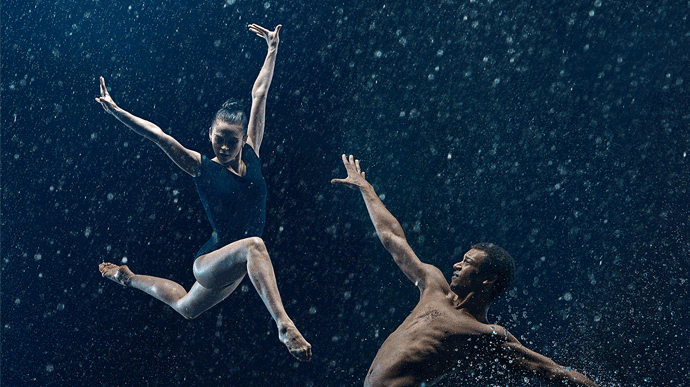
Professor Clorinda Panebianco holds a licentiate (LMO) and a BMus from Stellenbosch University, as well as a BMus (Hons), MMus and DMus from the University of Pretoria (UP). She later changed research direction after obtaining a master’s in Psychology for Musicians through Sheffield University in the UK. The qualification was instrumental in laying a thorough theoretical foundation for research in the field.
Prof Panebianco has been doing research at UP since joining the institution in 2007. She says that there is a lack of research, support and understanding of the health risks involved in being a performing artist. “My research aims to advocate for the health and well-being of performing artists in South Africa, and hopefully inspire interdisciplinary scholarly interest and policy change that focuses on the health needs of artists,” she explains.
Part of her research focuses on highlighting health behaviours, and musculoskeletal and non-musculoskeletal problems in musicians. As much as training towards and being a professional musician involves serious health risks, paradoxically, the benefits of music-making for non-musicians and amateur musicians are significant and contribute to participant well-being, she says.
Among other projects, Prof Panebianco is leading an interdisciplinary, cross-faculty research project that explores the impact of the COVID-19 pandemic on resilience and artistic activity among artists in SA. The project involves the participation of colleagues from the Music Therapy, Art and Psychiatry departments at UP.
She says that while there have been several high points over the past 18 months, a recent highlight was a conference presentation as well as an imminent publication that will document the outcomes of a compulsory health education course for first-year music students at UP. The course is the first of its kind at a tertiary institution in South Africa, and addresses health-related and injury prevention issues among student musicians, placing emphasis on physical, psychological and hearing health, among others.
A pivotal moment in Prof Panebianco’s career was attending the International Conference on Music Perception and Cognition in Bologna, Italy in 2008. This, she says, is where she first recognised her interest in and passion for the field of music psychology. Key figures that inspire her research are Prof Rick Ashley (USA), Prof Gunter Kreutz (Germany) and Prof Jane Ginsborg (UK), to mention a few.
Although the arts and artistic performance are integral to humanity, artists are poorly valued in society, Prof Panebianco says. The health and well-being of artists are also under-represented in policy, education and medical training in South Africa. As such, she hopes to advocate for interdisciplinary, scholarly activity between researchers, institutions and professionals to stimulate research that focuses on health promotion and well-being interventions for all artists in South Africa.
The merging of music and medicine is well established internationally – medical practitioners and healthcare providers are trained to specifically help performing artists. South Africa is lagging. “It is my dream that my research will ignite scholarly interest and advocacy for the health and well-being of artists in South Africa,” Prof Panebianco says.
She recommends that learners who are curious about the ways in which they as musicians respond, learn and interact with music should search online for the term “music psychology” for an overview of the field. From their third year of study, undergraduate students may enrol in UP’s Music Psychology course, which will provide a good foundation for postgraduate study.
Prof Panebianco’s hobbies include cycling, painting, reading, knitting (a pandemic-inspired hobby) and watching Netflix.
 Story
Story
A research interest in the concept of the well-being of performers led Dr Clorinda Panebianco, senior lecturer in the Department of Music, to conduct a qualitative study with professional ballet dancers to investigate the role of music in their experience of flow.
Copyright © University of Pretoria 2025. All rights reserved.
Get Social With Us
Download the UP Mobile App